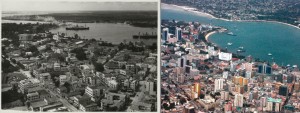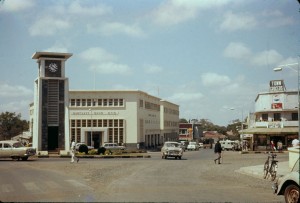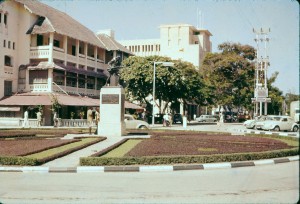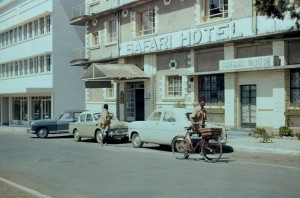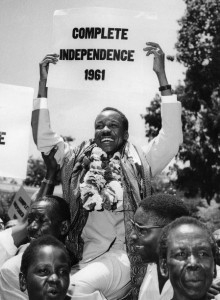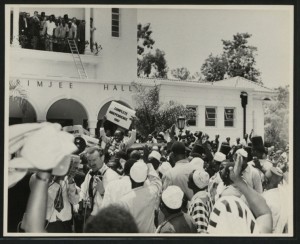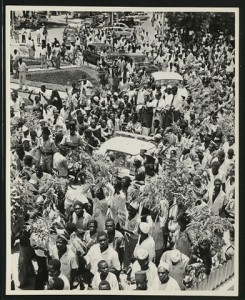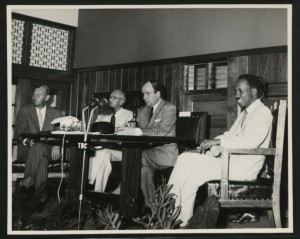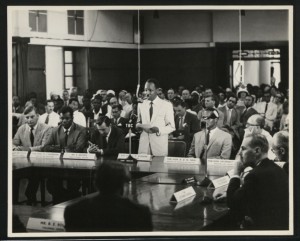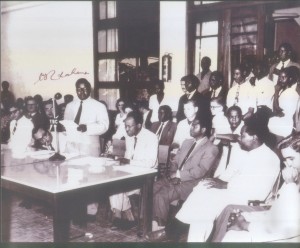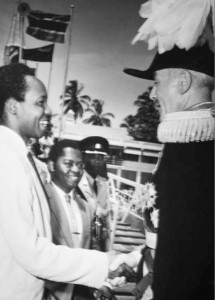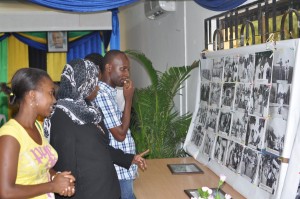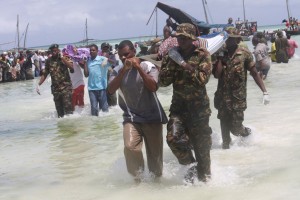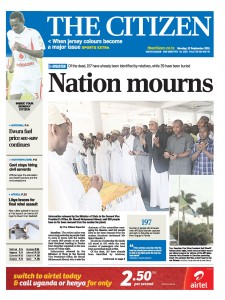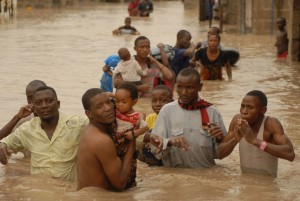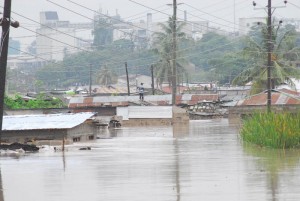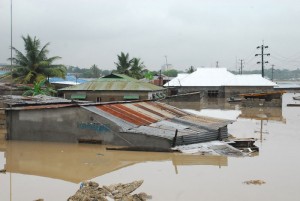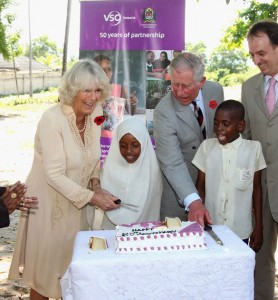Compiled by Anne Samson
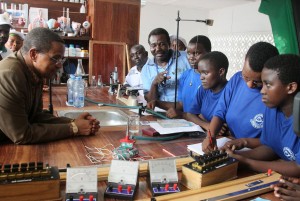
President Kikwete talks to science pupils at Versity Secondary School - Photo State House
In September 2011 the Uwezo report on Education was released. This compares education in Tanzania, Kenya, Uganda and Rwanda. The report compared pupil ability in English, Swahili and Mathematics. Tanzania did not fare too well on pupil ability – most standard 7 pupils operating at standard 2. However, access to education in Tanzania is easier than in the other countries. Many of the education announcements in the subsequent months have been in response to the issues raised in this report.
A new pass mark for Form II National Examinations will be introduced in 2012, although in November 2011 it was not clear whether the mark would be 21, 25 or 30. A new pass mark for Standard IV exams was also being contemplated. These changes are intended to “improve them [exams] and make them more competitive” (Daily News, 5 Sep 2011).
The move to single text books has been started. Government has already selected two textbooks per subject for primary Standards I-V and a single science textbook for secondary education. Minister for Education and Vocational Training Shukuru Kawambwa has said that these books will be used for a trial period of 3-4 years. Selection for other subjects is currently under way. The importance of books was reinforced by Vice President Dr Mohamed Gharib Bilal at the opening of the book festival when he “challenged teachers to build a culture of reading books” and added that “students must read various text and reference books to improve in studies” (Daily News, 23 Nov 2011).
Primary education – big changes proposed
In November, a proposal was put to Parliament to change the structure of primary education. This would involve making one year of preprimary education compulsory and, in effect, removing Standard VII. Ministerial policy analyst Calistus Chonya explained: “This means one year for nursery school, six years for primary education, four years for ‘O’ level secondary education and two years for ‘A’ level secondary education. … A child reaching five years must attend nursery school and start Standard One at the age of six years. Talented, gifted and slow learners will be developed accordingly.” (Daily News, 13 Nov 2011).
Nursery school education would be a full day and free meals would be available. Swahili would be used as the medium of education in nursery schools and Swahili and English in primary and secondary schools. Other proposals included opportunities to enable girls who had missed out on education due to pregnancy to catch up and a review of the curriculum to ensure a smooth flow between primary and secondary school.
It was also hinted that continual assessment during the academic year could influence a student’s final grade. Distance learning would be more formalised and there would be greater alignment and harmonisation of curriculum and cost in higher education institutions . Local authorities will need to source funding to support education more fully, including the setting of school fees.
The proposals were challenged by a number of politicians opposing the reduction of primary education by one year. In addition, groups such as Twaweza, the Economic and Social Research Foundation, Ford Foundation International and the Foundation for Civil Society voiced concerns at the proposed changes, noting that the quality of teaching needs to be addressed to have a positive impact on education (The Guardian & Daily News).
The Ministry of Labour and Employment called on educational institutions to teach students skills and entrepreneurship to help reduce unemployment. The announcement coincided with the launch of the German Foundation for World Populations (DSW)’s three year “Working together for Decent Work” initiative.
Over 88% of teachers who sat exams in 2011, including the Grade A Teacher’s Certificate and Diploma in Secondary Education examinations, passed. However, there is concern that only 42% of students who applied for teacher training places in government and private teacher training colleges were accepted. Government is working to pay teachers’ pay arrears, depending on the level of available funding and verification of individual claims.
Funding for higher education
Provisional registration loans are being withdrawn, while interest of 6% on student loans has been introduced. According to academics, this is having a negative impact on Tanzania’s position as an ‘education hub’. They have called for a review of the funding of higher education (Daily News).
Dr Anne Samson is the education advisor to a small education NGO in Kilimanjaro Region where she has been supporting a whole school development programme in state primary schools for the past six years.

